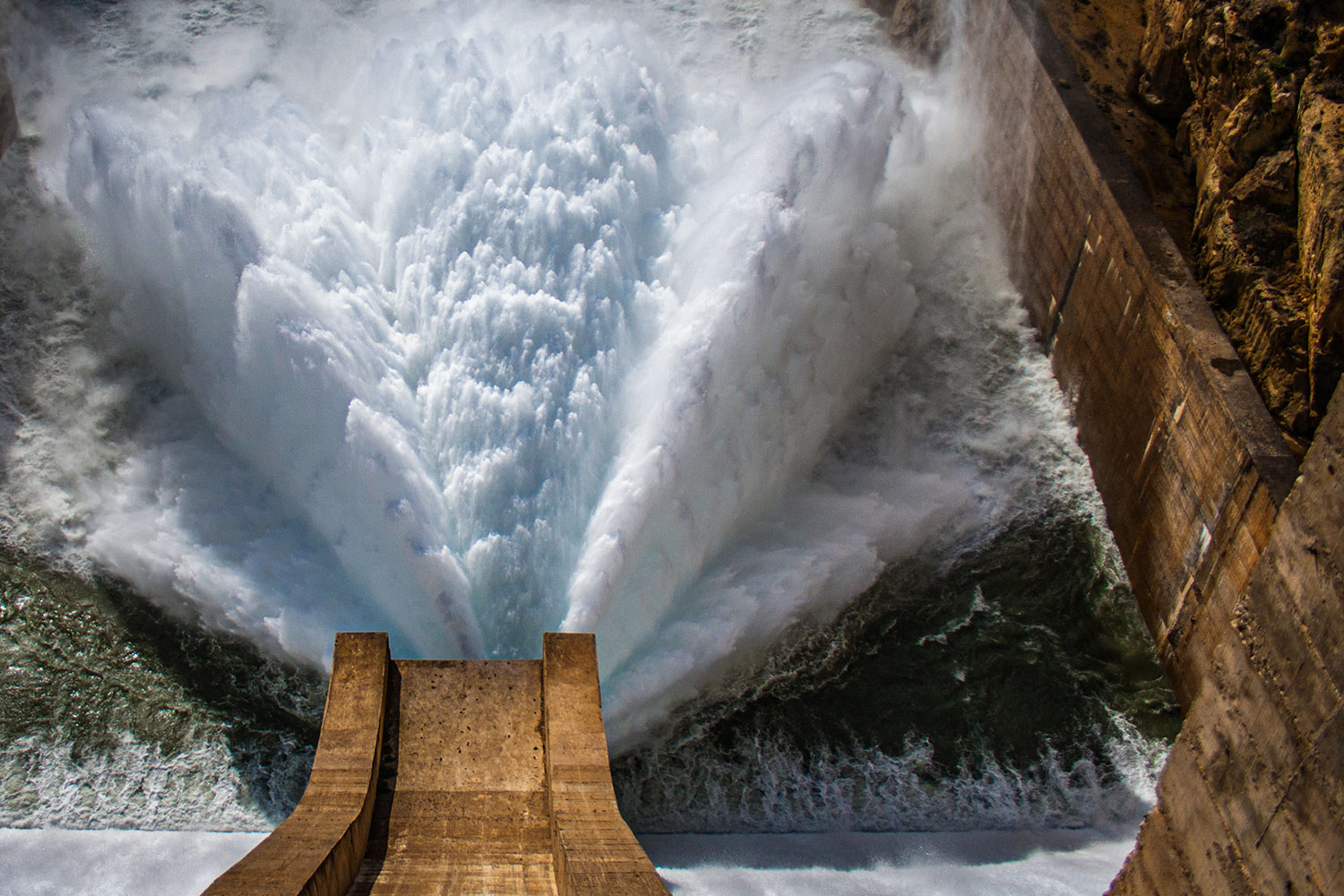A guide to smarter water decisions
Decisions on how water is valued, distributed, and used have an impact on what types of food we grow, how many rivers are dammed, what parts of a city have access to sanitation services, and how far people, often women, in many parts of the world must walk to fetch water.
Growing water scarcity across the world and the fact that half the global population lack safe toilets, are enormous challenges. By improving how water is governed, we can address the increasingly frequent problems with too little, too much, or too polluted water. Water governance ultimately regulates who has the right to water, its related services, and their benefits.
Furthermore, how humans value and manage water has profound consequences for the entire planet. Research describe how human activities and climate change are pushing the water cycle out of balance, undermining livelihoods and ecosystems. To address the triple planetary crisis of climate change, biodiversity loss, and pollution, we must collectively change how water is governed.
Why is it important?
The significance of good water governance is much greater than what is commonly acknowledged. Decisions on how water is valued, distributed, and used have an impact on what types of food we grow, how many rivers are dammed, what parts of a city have access to sanitation services, and how far people, often women, in many parts of the world must walk to fetch water.
These decisions will vary depending on who gets to influence them. An important reason why many water policies are ineffective or have unintended negative consequences is because people with first-hand knowledge are not consulted, nor part of the drafting process. Decision-makers tend to overlook that water management is often steeped in social norms that prescribe different roles for women and men, typically to the detriment of women. If this is not considered, water policies will reflect or even aggravate existing inequalities.
To improve water governance, it is important to understand and challenge existing social norms and power structures. Water governance can then be a powerful tool to build more just and resilient societies and helps us achieve all the 17 Sustainable Development Goals. Universal access to clean water and safe sanitation is one of the most effective means to tackle poverty, inequality, and poor health.
We need a holistic approach to water, one which spans across all sectors and all parts of the water cycle, balancing the benefits for environment, communities, and economy.
What are the main obstacles?
One of the biggest obstacles to good water governance is the lack of awareness and capacity. Investments in water infrastructure are often focused on technical solutions, but capacity development and strengthening of institutions are just as important. SIWI works with an array of stakeholders to bridge this gap, to strengthen the competencies of utilities and service providers, and to help improve regulations, policies, and tariffs. Governance institutions must be transparent and accountable, rooting out corruption and inefficiencies.
Decision-makers must have access to new research about freshwater and the whole water cycle, including how it is impacted by climate change. This is essential knowledge to develop water-wise climate mitigation strategies and to build more resilient societies.
How can water governance be improved?
We need a holistic approach to water, one which spans across all sectors and all parts of the water cycle, balancing the benefits for environment, communities, and economy. Decision-making about water governance must be inclusive and participatory, based on academic research as well as indigenous and local knowledge. This is the only way to ensure that many different perspectives are reflected, including those of future generations and of nature.
Compared to just a few years ago, we now have a much better scientific understanding of the complex interconnections between land, freshwater, coastal and marine ecosystems. It is increasingly clear that actions in one place often have unintended consequences upstream or downstream, such as when fertilizers from farms cause eutrophication of a lake or when destroyed mangroves increase the risk of city flooding. But our current governance systems are seldom fit for purpose; decisions are not based on a holistic approach but made in siloes.
To address this problem of fragmented and ineffective governance of water, SIWI advocates for integrated approaches, like Integrated water resources management (IWRM), the landscape approach, and source-to-sea management. SIWI offers many different kinds of practical training and concrete tools, as well as policy advise on legal and regulatory aspects of water governance.
On Water Governance
Many of the most pressing challenges in the world are about water: too little, too much or too inferior. Such challenges can only be effectively addressed through adequate governance of available water resources.
Visit our topic page











